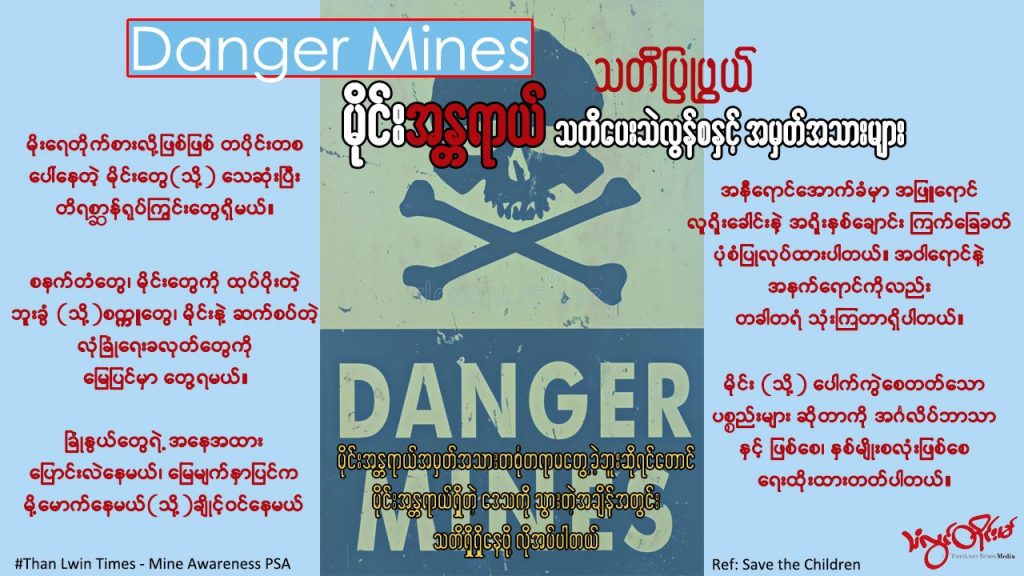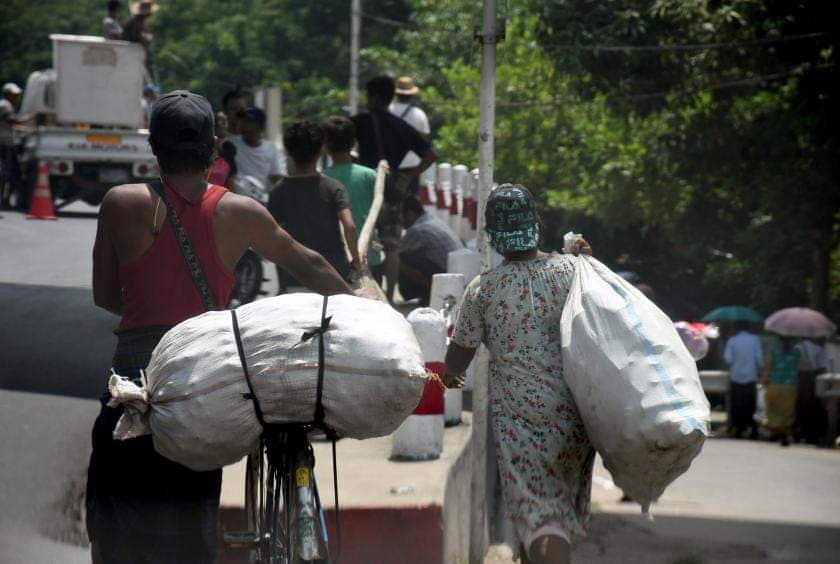Mawlamyine, January (20)
The businessmen told Than Lwin Times that only half of Mon State’s businesses would be able to operate in two years due to the general crisis along with the military coup.
In the nearly two years since the military coup, the value of Myanmar’s currency has fallen, while the cost of raw materials has risen, and power outages, high fuel prices, and other factors have made it difficult for businesses to operate.
On the one hand, businesses face non-standard banking system, import and export restrictions, as well as inappropriate controls.
According to a businessman who spoke to Than Lwin Times, only half of businesses can operate because most are struggling to survive in the wake of the coup.

Trucks have been stranded for at least two days in the village of Nyaung Khar Shae because the prices of goods and transportation costs go up.
At a time when businesses are trying hard to stay afloat, the military leader of the coup, General Min Aung Hlaing, said that in the first six months of 2021–2022, the country’s economy grew by 2.4 percent in the first six months and 3.4 percent in the second half.
The military leader said that the country’s economy has improved because its human resources can be used in the water and land resources, agriculture, livestock, and forestry sectors.
A businessman said that after the coup, he had to keep his businesses from collapsing, and that some businesses were permanently shut down.
According to a research group, the coup’s disastrous consequences include rising prices for basic goods and fuel, unemployment, business closures, and uncertainty in the domestic banking system and foreign exchange rates.
The unemployment rate continues to rise along with the suspension of businesses, which has driven many skilled workers abroad.
The majority of Mon State’s enterprises, including hotels and tourism, building, farming, apparel, and manufacturing, suffered as a result of the military coup, and several had to shut down permanently.
News-Than Lwin Times

